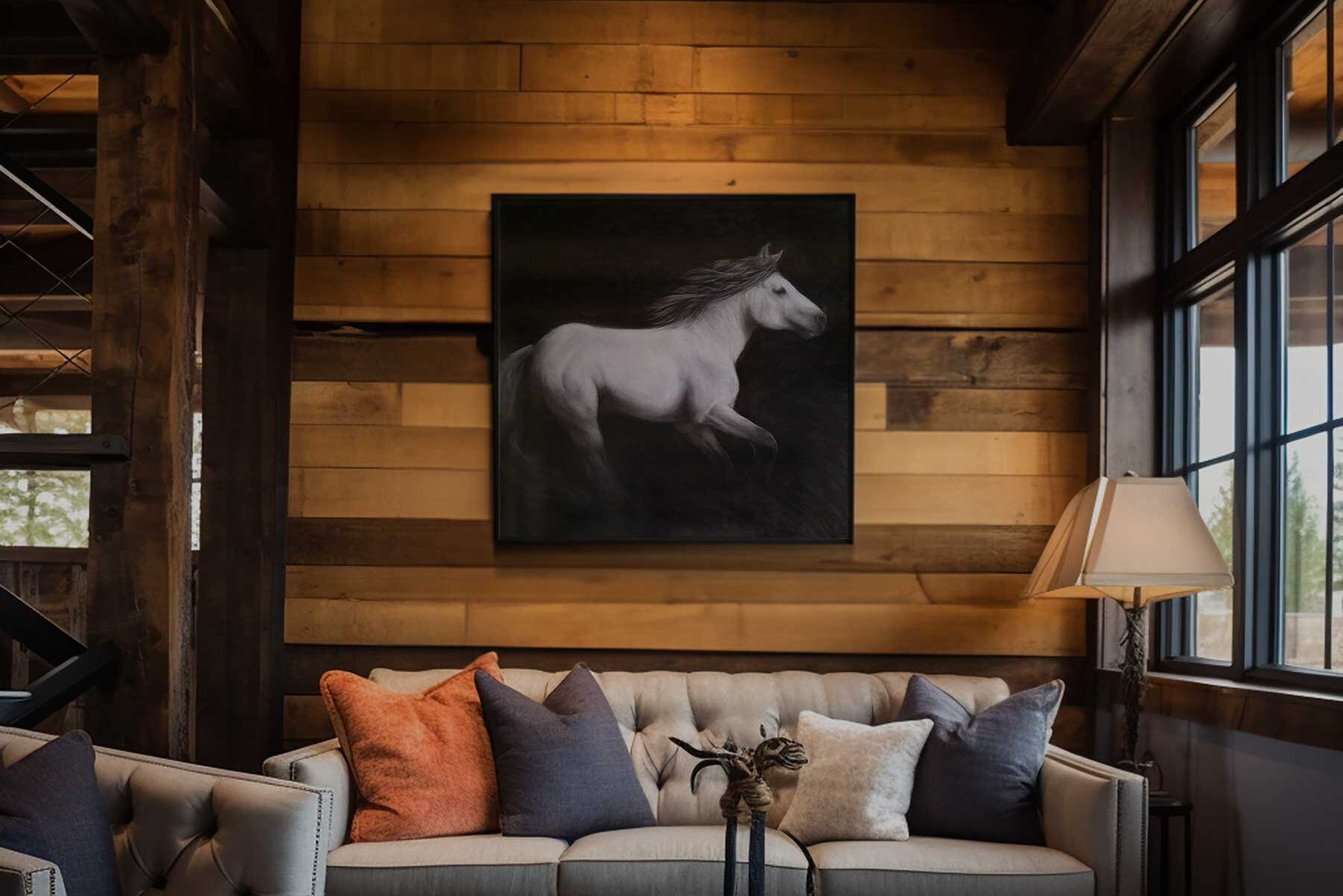For many creatives, money is a difficult issue.
Walk into any arts organization or art school and you’ll find artists who have been told that their art is supposed to be pure and untouched by commercialism. In fact, many arts graduates emerge after graduation railing against capitalism and its perceived evils (while clutching their newly-minted degree in one hand and a Starbucks latte in the other), reluctant to engage with the market in ways that would allow them to pursue a long-term career in the arts.
Outside observers might see this reluctance as simply an elitist or snobby attitude—a character flaw—but it can also be explained by the indoctrination society administers: telling artists that their art should remain pure and support for it should only come in the form generosity and patronage. We see this in the popular perception of the starving artist, a trope that romanticizes poverty as a necessary condition for artistic creation.
“If artists are often naïve about money, that’s because they’ve been told not think about it,” wrote William Deresiewicz in his 2020 book, The Death of the Artist: How Creators Are Struggling to Survive in the Age of Billionaires and Big Tech. “If they are often helpless when it comes to managing their careers, that’s because they’ve been instructed to regard “career” as a dirty word.”
But what happens when an artist does want to make money from their art? What if they want to support themselves and their family through their creative work? For many, the psychological hurdle this desire poses is a high one. “I cannot think of another field in which people feel guilty about being paid for their work—and even guiltier for wanting to be,” Deresiewicz writes. But, he goes on, “Art is work. The fact that people do it out of love, or self-expression, or political commitment doesn’t make it any less so. Nor does the fact that it isn’t a job, a matter of formal employment.”
This is a problem of perception. The dearth of arts graduates who make a living wage from their creative work also contributes to this perception, presenting artists with what appears to be validation of the “starving artist” narrative, and bridling their ambitions (“My peers are suffering—who am I to want more for myself?”) And thus, the vicious cycle continues…
Too often, we see creatives denigrate their work as not being a “real job,” as if creating art is some sort of magical process that doesn’t require any effort or skill. And too often, we see artists self-sabotage by allowing anxieties about commercialism and capitalism keep them from participating whole-heartedly in the marketplace. “Markets are not evil,” Deresiewicz writes. “They are one of the ways we get our needs met. They are also not synonymous with capitalism, which they predate by several millennia. (Neither is money, ditto.)”
If you’re a creator who’s struggling with anxieties about commercialism, here are a couple suggestions:
-Take some time to study how markets work. Avoid neo-Marxist and other theoretical literature. Read work by practitioners and people who have skin in the game. You may not agree with their politics but you’ll gain a more well-rounded idea about how things actually work from empirical sources.
-Read the biographies of successful artists. Note how many of them took active roles in the development of their careers. Note the differences between these active participants and other non-participants who led lives of abject poverty. Ask yourself if the differences in outcome affected the power or impact of their work. If so, how? If not, what does that imply?
Recommended Reading: The Death of the Artist: How Creators Are Struggling to Survive in the Age of Billionaires and Big Tech
Support Arts Coverage!
If you enjoyed this piece, and would like to ensure the work continues, please consider supporting it.
Your contribution provides vital assistance and serves to demonstrate your appreciation for the work artists and creative people do to keep our communities vibrant and full of imaginative light.
If you enjoyed this arts coverage, donate below to keep the content coming! Learn more about becoming a supporter.
Become a Patron Without Spending a Dime. Learn More Here.
Nick Thornburg is a multidisciplinary artist and writer. Subscribe to his mailing list to keep up-to-date with upcoming features and other news.
Stay Creative.
